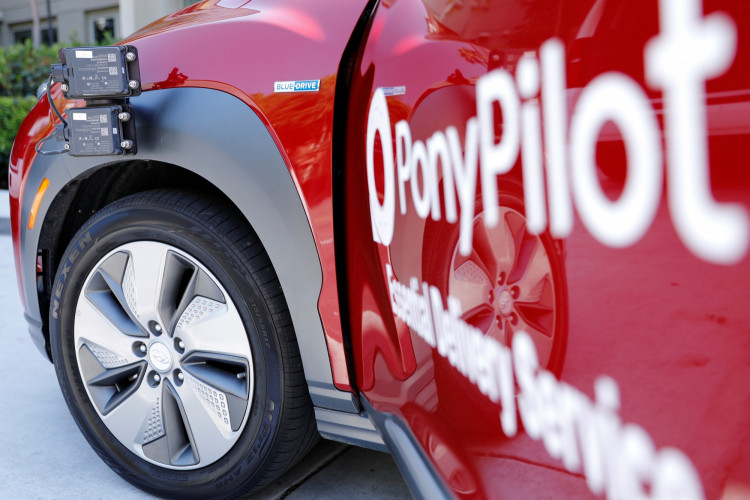China is accelerating its release of new policies and the creation of new infrastructures to support the country's rapidly growing use of autonomous driverless vehicles. The move comes as the utility of self-driving delivery trucks, taxis, and disinfecting vehicles came in the spotlight during the coronavirus pandemic, pushing the government to further push the use of the advanced technology.
As the pandemic is slowly placed under control in most parts of China, the government is now pushing for more projects that support the extended use of self-driving vehicles. In Beijing, self-driving startup company Pony.ai announced on Monday that it has been granted expanded permission to use its autonomous vehicles to pick up passengers in a much wider area.
Last week, officials in Cangzhou in China's Hebei province announced that they will be expanding the test zones in the city for companies operating self-driving vehicles. The expanded zones now include some downtown roads, giving customers more access to the service.
Other provinces have made similar changes to their policies in order to promote the use of autonomous vehicles. In the city of Changsha in China's Hunan province, robotic taxis are already plying the streets in residential and commercial areas. Industrial parks are also now utilizing the technology to ferry workers without the need to hire drivers.
Pony.ai is one of the leading Chinese firms pushing for the use of autonomous vehicles. The company, which recently managed to raise more than $462 million in new funding in February, is taking advantage of the rapidly advancing technological infrastructures in China, which includes 5G networking, data centers, artificial intelligence, EV charging station networks, and smart city technologies.
The company's founder and chief executive officer, Peng Jun, mentioned in a statement that the country's growing technological prowess works hand in hand with the adoption of smart transportations. Autonomous vehicles do rely heavily on these types of technologies and the government should take into account the rapidly growing sector in the construction of new infrastructure projects.
Since the start of May, projects that take into account the use of autonomous vehicles have gone into full swing. In China's Hebei Province, the construction of the main section of the Jing-Xiong expressway is now well underway. The new expressway, which links Xiongan New Area to Beijing, will have two insides lanes exclusive for self-driving vehicles.
China's Ministry of Transport recently released a draft document that covers new technical specifications for road works to facilitate the country's rapid adoption of automated driving. The ministry's Research Institute of Highway had worked together with major players to come up with the draft guidelines.






